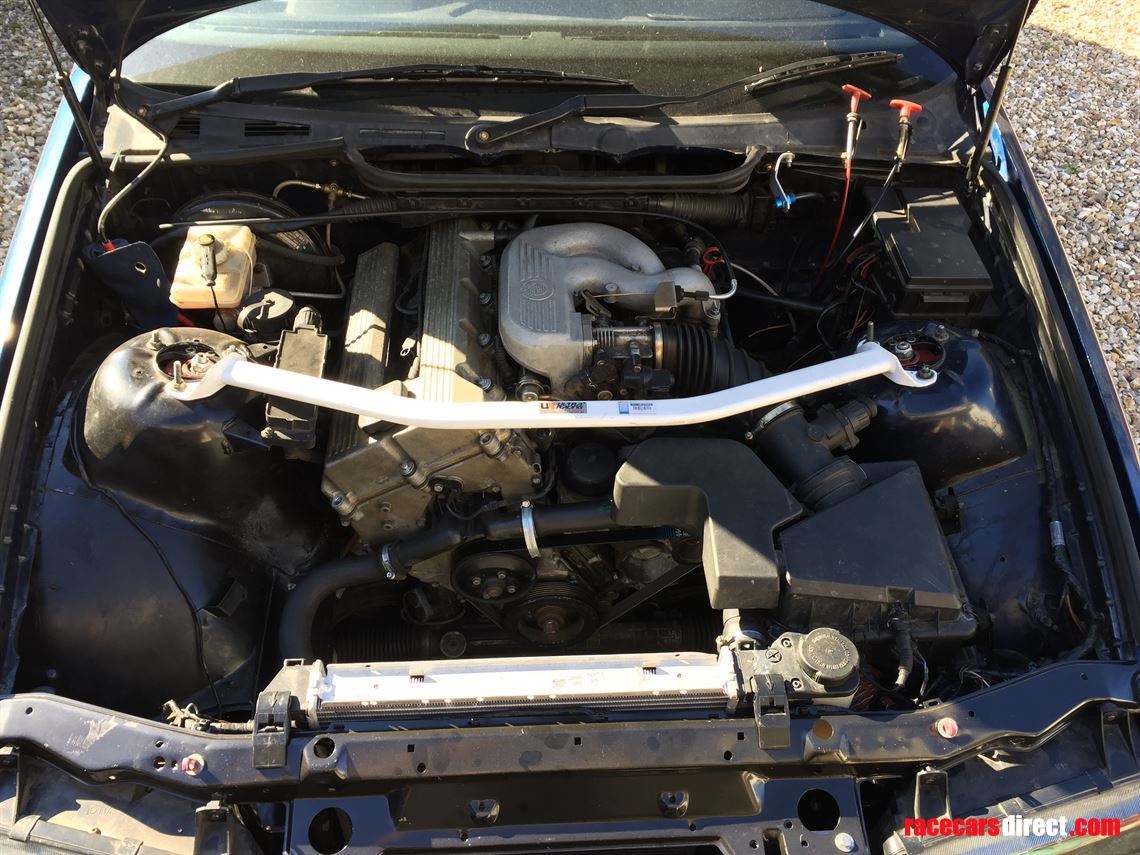Vital Facets to Assess Before Acquiring an Engine for Optimal Functionality
From engine power and efficiency to fuel efficiency and upkeep factors to consider, each element plays an essential role in determining the engine's viability for a specific application. Compatibility with existing automobile systems and readily available warranty and assistance options can significantly affect the lasting performance and cost-effectiveness of the engine.
Engine Power and Performance
When considering engine power and performance, it is crucial to assess the specific needs of the planned usage to make sure ideal efficiency and effectiveness. The power outcome of an engine straight affects its efficiency abilities, affecting aspects such as acceleration, hauling ability, and overall operational strength. Understanding the needs of the application is crucial in establishing the right balance of power and efficiency qualities.
Engine power is normally measured in units such as horsepower (hp) or kilowatts (kW), indicating the amount of work the engine can perform in time. Greater power scores generally lead to much better acceleration and top speed, making them appropriate for applications needing fast responsiveness or heavy-duty tasks. It is vital to match the engine's power result to the certain requirements of the meant usage to prevent ineffectiveness or unnecessary strain on the equipment.
Additionally, engine efficiency incorporates a series of aspects past just power, including fuel effectiveness, emissions control, and reliability - bmw 318ti. Reviewing these facets together with power considerations is important for making sure that the engine not just delivers the essential stamina however likewise runs sustainably and durably in its desired atmosphere
Gas Effectiveness and Consumption
Thinking about the vital function of engine efficiency in establishing its suitability for various applications, the analysis of gas effectiveness and consumption ends up being critical in maximizing operational expenses and environmental effect. Fuel effectiveness refers to the engine's capability to transform fuel into functional power efficiently.
When examining gas consumption, it is necessary to examine the engine's certain metrics, such as gallons of fuel taken in per hour or miles per gallon, depending on the application. Recognizing exactly how much fuel an engine eats under different operating conditions can help anticipate long-lasting costs and prepare for reliable fuel monitoring methods.
Moreover, developments in engine innovation, such as crossbreed systems or fuel shot improvements, can considerably improve gas performance and decrease consumption. Prioritizing engines with premium fuel performance and lower usage rates can cause significant cost savings and promote sustainability in various sectors.
Compatibility With Lorry Equipments
Guaranteeing seamless integration and ideal performance, the compatibility of an engine with car systems is a pivotal factor to review before buying choice. The engine functions as the heart of a car, and its capability to function harmoniously with the different systems within the lorry is important for total performance.
Compatibility incorporates a variety of facets, including electrical systems, transmission systems, and exhaust systems. An engine that is not suitable with these vital components can bring about concerns such as electrical malfunctions, ineffective power transfer, and raised exhausts.
In addition, compatibility with onboard computer systems is essential for contemporary automobiles. The engine needs to be able to connect successfully with the lorry's computer to make certain correct performance surveillance and diagnostics.

Maintenance and Longevity Factors To Consider

Long life factors to consider also entail evaluating the engine's layout, modern technology, and compatibility with the car to guarantee optimal efficiency throughout its life-span - bmw 318ti. Engines with advanced functions like efficient cooling systems, durable parts, and fuel-efficient styles tend to have much better longevity and require less repair work. By focusing on maintenance and choosing an engine recognized for its try this out long life, customers can make a knowledgeable choice that improves their car's performance and overall driving experience
Guarantee and Assistance Options
Provided the crucial function of upkeep and long life considerations in picking an engine, a prudent buyer should now concentrate on reviewing the readily available warranty and support alternatives. The warranty given with an engine can differ substantially in between suppliers and designs.
Support services can range from technological help hotlines to on-site upkeep and repair solutions. A strong support system can significantly reduce downtime in instance of engine failure or problems, inevitably saving time and money.
Verdict
Finally, when purchasing an engine, it is important to examine its power, gas performance, compatibility with lorry systems, maintenance requirements, longevity, and warranty options. These important facets play a significant function in determining the optimal performance of the engine. By thoroughly considering these elements, purchasers can guarantee that they are purchasing an engine that meets their needs and supplies dependable performance in the lengthy run.
From engine power and efficiency to fuel efficiency and maintenance considerations, each aspect plays an essential function in identifying the engine's suitability for a certain application.Engine power is generally measured in units such as horse power (hp) or kilowatts (kW), suggesting the amount of job the engine can execute over time.Taking into consideration the essential duty of engine performance in determining its viability for various applications, the analysis of fuel efficiency and intake ends up being critical in optimizing functional expenses Recommended Site and ecological effect. Gas effectiveness refers to the engine's ability to transform fuel into useful energy successfully. Furthermore, considering the top quality of materials and building and construction of the engine you could try these out is important as it can straight influence durability and just how well the engine endures wear and tear over time.